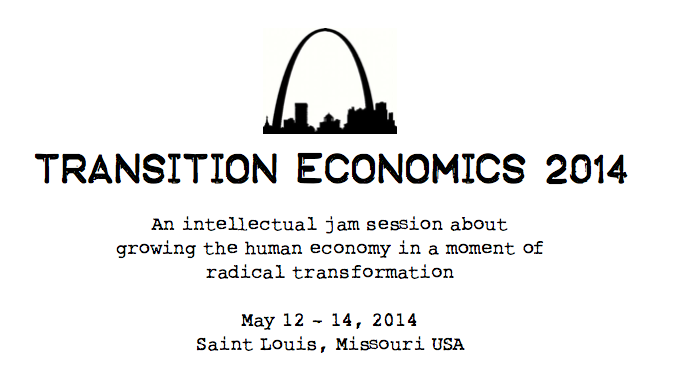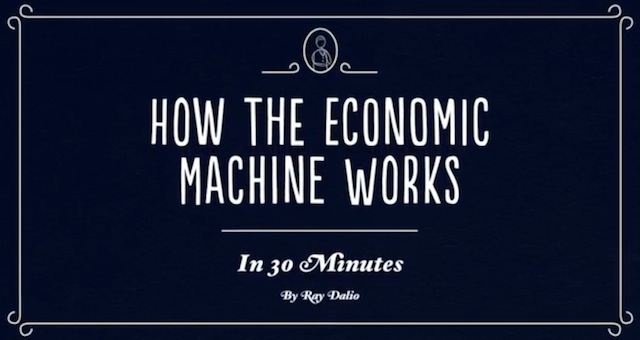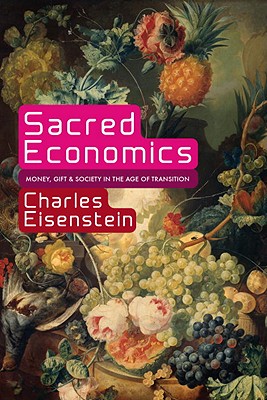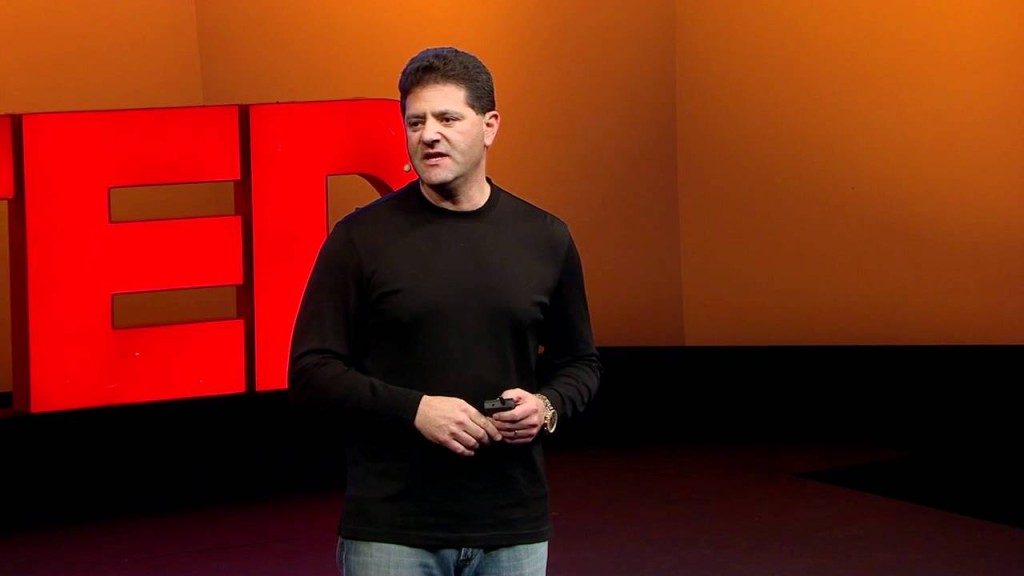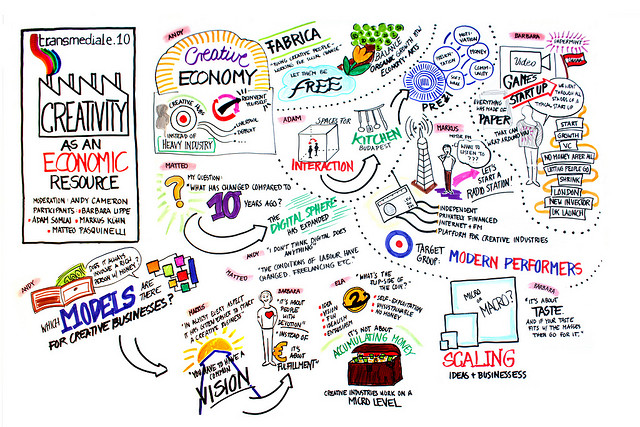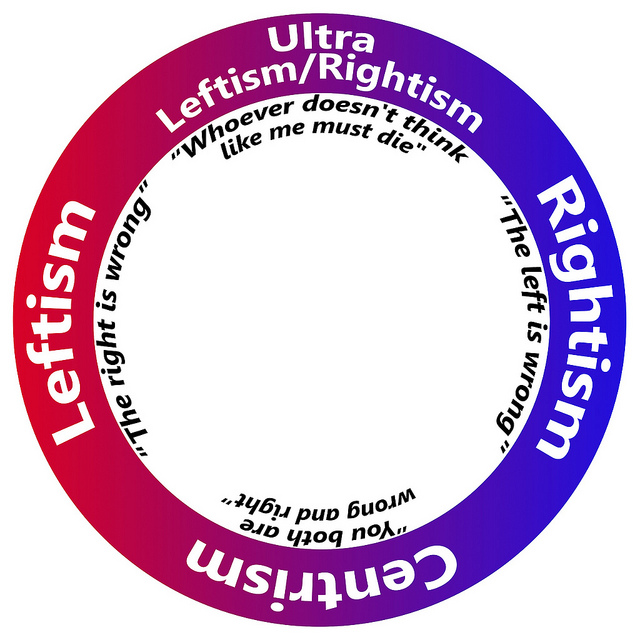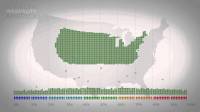 In some industries, the outlook for the economy is very bright, with people and businesses making money hand over fist, and wondering what all the fuss about economic recovery is.
In some industries, the outlook for the economy is very bright, with people and businesses making money hand over fist, and wondering what all the fuss about economic recovery is.
If you’re in the tech world, or in venture capital, or perhaps the stock market, your future may look rosy, but if you’re one of the rest of us, just trying to make enough money each month to pay the mortgage or rent, to repay your student loans, to put food on the table and clothes on your kids, while worrying about if you’ll ever get ahead or how you’ll pay for your retirement, the future of the economy doesn’t look so great.
And we may be forgiven for believing that our experts and our governments and our think tanks are eventually going to be able to pull an economic rabbit out of the hat for us through better policies or regulations, because that’s what we’ve been taught. However, the fact is, we just might be better off coming up with solutions to what ails us on our own, because ultimately, the pundits aren’t very good at thinking outside the box when it comes to the economy, especially when it comes to our local communities, neighborhoods and cities.
So to take on the task of rethinking and redesigning the economy, Eric Garland, author, speaker, and future trend analyst, is proposing something completely different. He’s calling it Transition Economics 2014, and refers to it as an “intellectual jam session on growing the human economy in a moment of radical transformation.”
“Transition Economics 2014 will assemble some of the world’s most brilliant minds on what to do about economics, governance, education, culture and foreign policy in a moment when our traditional institutions cease to be up to the challenge.”
This event, which is scheduled for May 12-14, 2014, in St. Louis, MO, aims to “find solutions and have fun doing it.”
“At Transition Economics 2014, we are going to speak, listen and learn. The event will feature experts in a variety of disciplines who are not among the chorus of pundits who are thrust into the American consciousness year after year, irrespective of the quality of their ideas. The presenters will have one thing in common: the belief that we are in a brand new era, one where 20th century ideas become less functional with each passing day. These people (“transitionistas,” if you will) simply believe that our current path is not leading to a vibrant society for the greatest number of people, and that we should do something different.” – Eric Garland
If you’d like to be a part of this innovative approach to redesigning the economy, Garland is looking for presenters, sponsors, and attendees, and will also soon be issuing a call for papers about relevant topics. You can find more information and register your interest at the Transition Economics 2014 page on his site.

